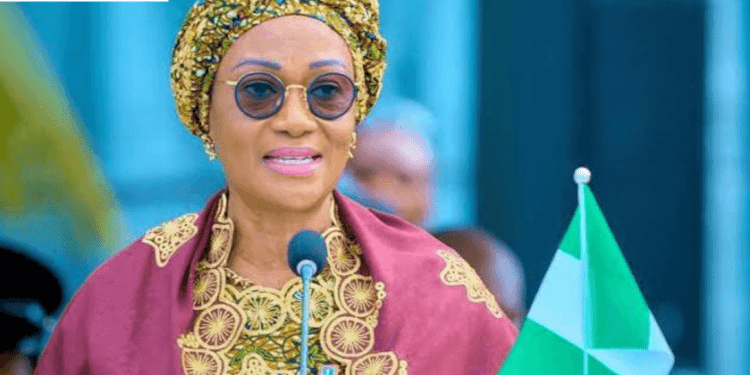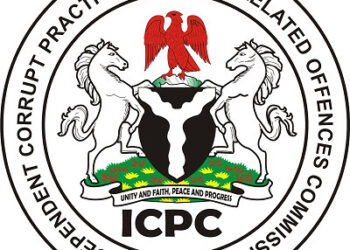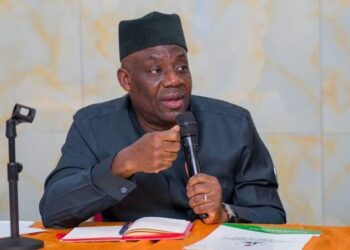Senator Oluremi Tinubu, the First Lady, visited the Kaduna State Government House on Monday to galvanize collective efforts against pressing health challenges. In a high-profile engagement attended by state officials, traditional rulers, and religious leaders, she underscored the urgent need to sensitize communities about HIV/AIDS and other infectious diseases.
During her visit, the First Lady emphasized the importance of proactive public health education. She called on women, youths, and the broader public to be well-informed about HIV/AIDS, stressing that widespread awareness is key to reducing the disease’s prevalence. Her remarks resonated with President Tinubu’s Renewed Hope Agenda, which aims to uplift and protect the nation through comprehensive policy reforms.
Tinubu also highlighted the critical issue of female genital mutilation (FGM), urging all stakeholders to step up advocacy against this harmful practice. She noted that Nigeria must move decisively beyond outdated and dangerous cultural practices that jeopardize the health and rights of women and girls, calling for robust awareness campaigns and community-driven solutions.
Her Senior Special Assistant on Media, Busola Kukoyi, reiterated that the government’s initiatives would work to provide succour to affected communities while strengthening the overall healthcare framework. The First Lady’s visit is part of a broader strategy to address the nation’s challenges, with an emphasis on inclusivity and collaboration across governmental and non-governmental sectors.
In a show of support, HRH Ahmed Nuhu Bamali, Chairman of the Kaduna State Council of Traditional Rulers and Emir of Zazzau, pledged that traditional leaders would actively promote grassroots advocacy on HIV/AIDS, syphilis, hepatitis, tuberculosis, and FGM. His commitment reflects the deep-rooted role of cultural custodians in shaping public health awareness.
The visit concluded with solemn prayers for the nation, President Tinubu, and the people of Kaduna State. Senator Oluremi Tinubu’s call for collective action represents a significant step toward fostering a healthier, more informed society, and reinforces the government’s commitment to overcoming Nigeria’s complex health challenges.




































